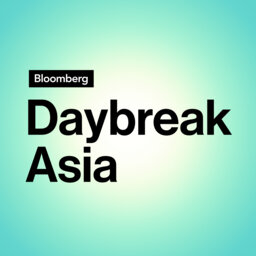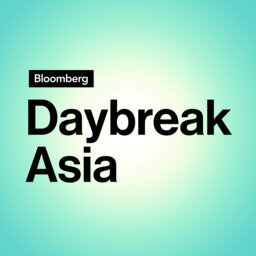Apple's AI Announcement, SEC's Boeing Probe
Featuring:
Mark Gurman, Bloomberg Chief Technology Correspondent, on Apple's plan to power new AI features using data centers and home-grown processors.
Julie Johnsson, Bloomberg Senior Aerospace Reporter, on the SEC's new probe into Boeing's safety claims.
Richard Harris, CEO of Port Shelter Investment Management, shares his outlook on markets from our Hong Kong studio.
Apple: https://podcasts.apple.com/us/podcast/bloomberg-daybreak-asia/id1663863437
Spotify: https://open.spotify.com/show/0Ccfge70zthAgVfm0NVw1b
TuneIn: https://tunein.com/podcasts/Asian-Talk/Bloomberg-Daybreak-Asia-Edition-p247557/?lang=es-es
In 1 playlist(s)
Bloomberg Daybreak: Asia Edition
Join Bloomberg Daybreak Asia for business and finance news centered in the Asia-Pacific region, alon…Social links
Follow podcast
Recent clips

Stocks Fall on Greenland Tariff Angst, Korea Exchange CEO Jeong Eun Bo
16:01

Trump Tariffs Over Greenland, Fed Chair Pick Chatter
21:27

US-Taiwan Trade Deal, TSMC's Wendell Huang on Q4 Earnings
17:28
 Bloomberg Daybreak: Asia Edition
Bloomberg Daybreak: Asia Edition